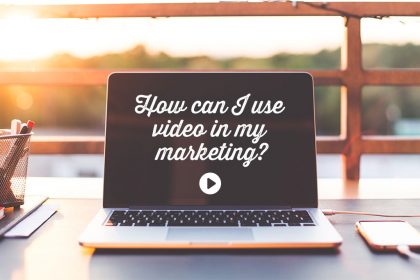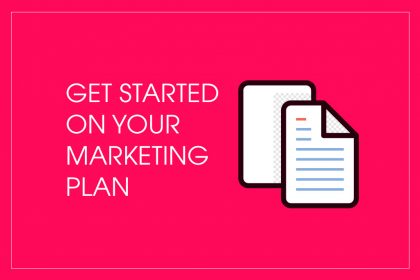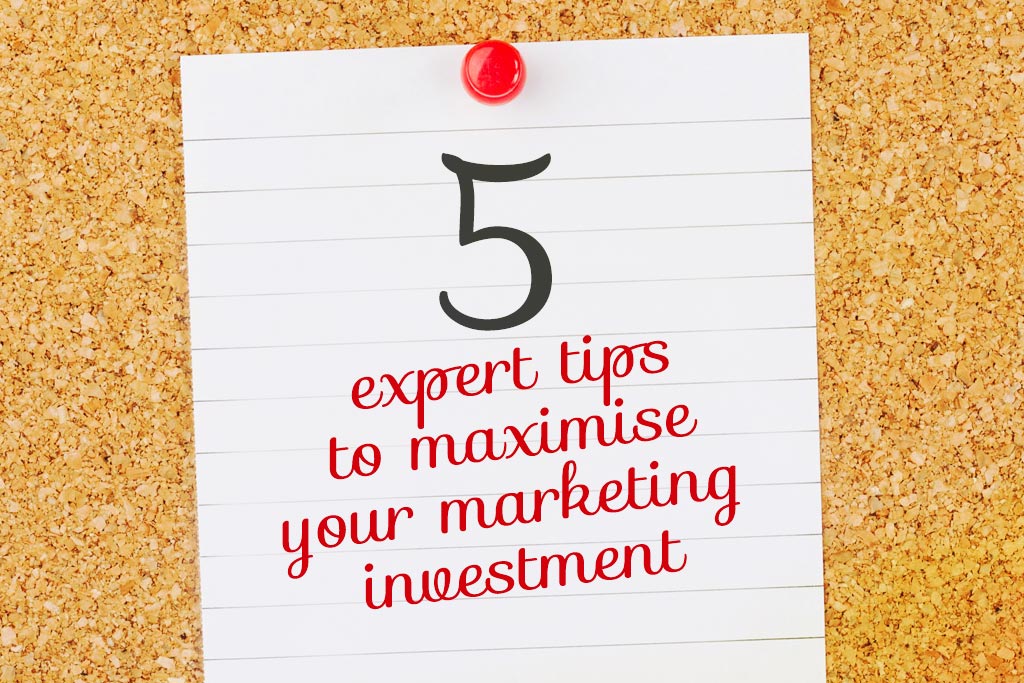Six tips to help you use influencer marketing effectively
Want to use influencer marketing to spread the word about your brand? Discover the three key issues business face, and six tips to help you use it successfully.
There used to be a simple three-step formula for influencer marketing. Firstly, you would find a prominent celebrity relevant to your business’ branding that could effectively deliver a message. After this you would often pay an astronomical fee for an endorsement and your brand would hopefully gain recognition and sales as a result of this.
However, in the last decade, however, a new wave of influencers has caught the eyes of marketers, most charging only a fraction of what celebrities do, while still providing access to a valuable audience.
What are the problems with influencer marketing?
It’s estimated that brands will spend over $1.6 billion on Instagram influencers alone, and that’s before you add bloggers, vloggers/Youtubers and influencers who use a combination of channels.
Despite this, a report from Celebrity Intelligence found that 63% of marketers have trouble measuring ROI when working with influencers, showing that there are still a few loose tracks on the influencer train ride that need to be straightened.
The three key issues many businesses face with influencer marketing are:
- Discovering influencers.
- Maintaining relationships.
- Measuring ROI.
Six tips to help you use influencer marketing effectively
To help you get the most from the opportunities that influencer marketing present, here are six tips aimed at tackling these three key issues.
1) Attend networking events
Within the UK, the biggest blogger events tend to happen in London. However, there are events that happen all over the country and all over the world for brands hoping to reach out to new territories. There are two main types of blogger events: blogger to blogger events, and brands to blogger events.
Blogger to blogger events are casual socials where bloggers meet together to find support, get some downtime, network and form new connections. This is often a great place for PR’s and brand representatives to speak one on one with bloggers in a more relaxed and less formal environment, and at a much lower cost to the brand.
Blogger to brand events are also great places for bloggers to socialise, but brands specifically come to these events to exhibit their products or services (usually for a fee paid to the organiser) and form new working relationships with bloggers.
Many will also give out free items with the hopes that bloggers will review or feature items on their platforms. This option is far more expensive and entails having to hire promotional staff and set up an attractive stand at the event to stand out from the other brands.
2) Research online
There are many online blogging communities that have relevant and engaged blogger followings. You can work your way through their following lists and start creating a database of bloggers to reach out to. This is one of the fastest and most effective ways of building an outreach list.
You can also post social media messages including the hashtags #prrequest #bloggerswanted #bloggerrequest and #bloggerop. Bloggers frequently search these terms for opportunities. Just ensure your message is concise and relevant otherwise bloggers and PRs alike may mute your account, severely reducing your hashtag visibility.
3) Ask for recommendations
Most bloggers are probably friends with other bloggers and are often happy to recommend them for collaborations. When you’ve finished up a collaboration with a blogger, kindly ask if there is anyone else they would recommend working with and do this for every blogger you work with.
4) Create a portal where bloggers can connect with you
It’s always useful to have a contact address on your ‘Contact Us’ page that bloggers can reach out to. To make dealing with blogger requests easier, set up a separate email account such as bloggers@yourbusinessname.com. That way, any blogger enquiries will go there instead of your other business-related or marketing accounts.
5) Maintain relationships
Once you have a blogger, it’s vital to maintain a positive relationship with them. Trends on social media change rapidly and you never know who could be the next big star. It’s always easier to negotiate deals with content creators that you have built a good rapport with.
Blogger Ashley Lennon, who writes the blog Hiya It’s Ashley and frequently works with a range of brands, said this about working with brands and what she likes to see:
“I appreciate when I work with a brand and they take the time to reply to messages or photos I tag them in etc, as it means that they’re actually paying attention to the content I’ve produced for them!”
However, she has also had some negative experiences that are all too common when brands don’t do enough preparation and end up looking unprofessional. She goes on to lament one particular experience:
“There was one brand in particular who were very rude. They invited myself and a guest along to an event they were holding and the event was unfortunately not only not what had been advertised, but was badly run and the staff were rude!
When I raised my concerns with the staff who invited me I received a very rude response and was asked not to post about the event anywhere and was subsequently disinvited to the following year’s event.”
With influencer marketing constantly evolving, brands and marketers must stay vigilant to changes in the industry to keep an edge and ensure a good line of communication is kept with every influencer they work with.
6) Monitor success
As previously mentioned, measuring ROI when working with influencers can be difficult. There are a few key metrics you can measure dependent upon how you’re working with influencers and what you, as a business, are trying to get out of the relationship. These include:
- Referral traffic.
- Social engagement.
- Referral sales.
- Coverage and links.
- Brand sentiment.
Success is going to be defined on a campaign-by-campaign basis, but if you feel you haven’t benefited from an influencer relationship, work out why and apply this to the next attempt.
Tools like Google Analytics can help you monitor referral traffic and sales, whilst monitoring your social media statistics will provide data there. The most important item to take away from measuring success with bloggers is that you shouldn’t presume a campaign was successful if you received a blog and/or social media posts.
Monitor the reactions to these, analyse the data, that way you can see if this relationship was mutually beneficial and this will help to inform your influencer marketing strategy moving forward.
Anne Malambo is the Outreach Manager at Feel Good Contacts.
Photo by Kinga Cichewicz










